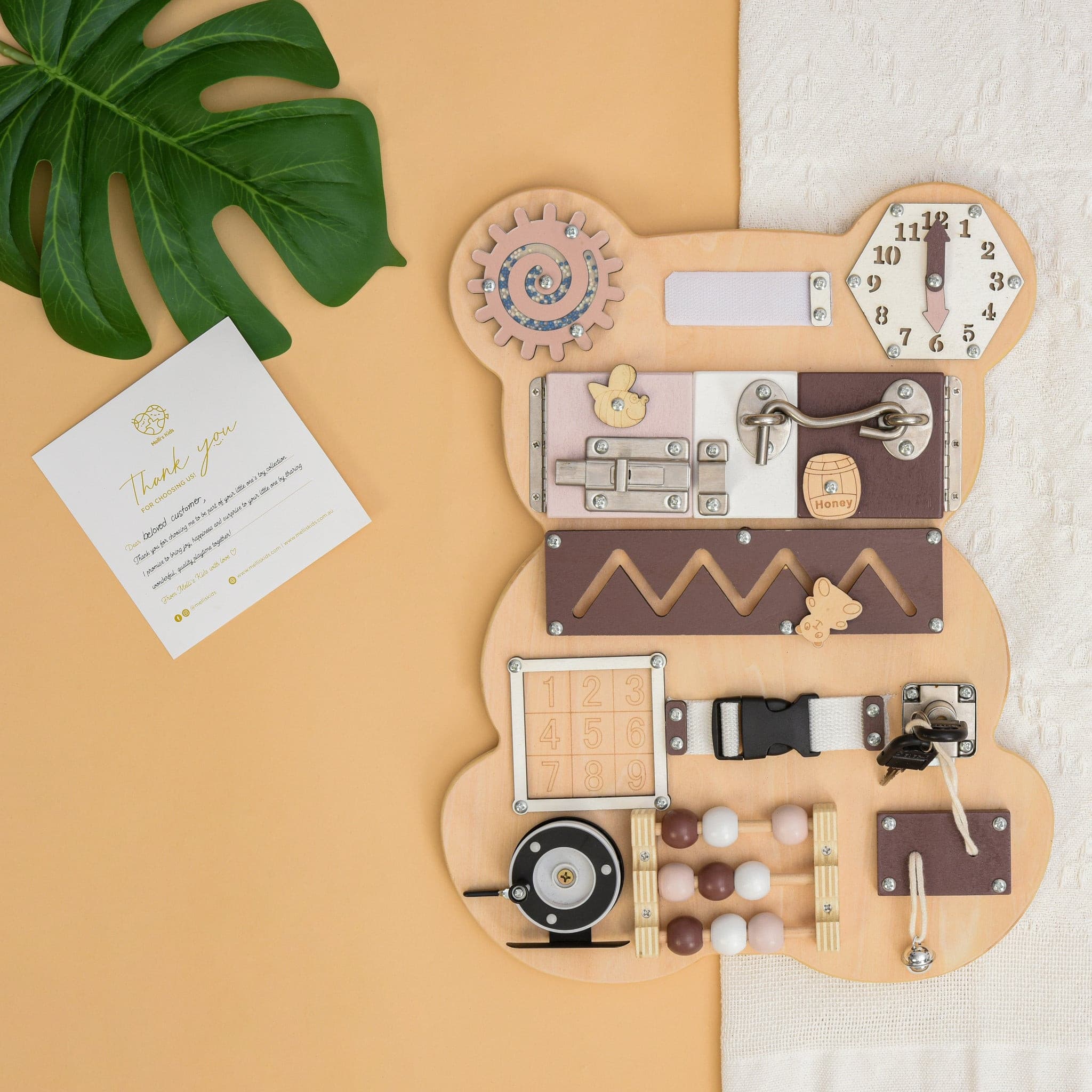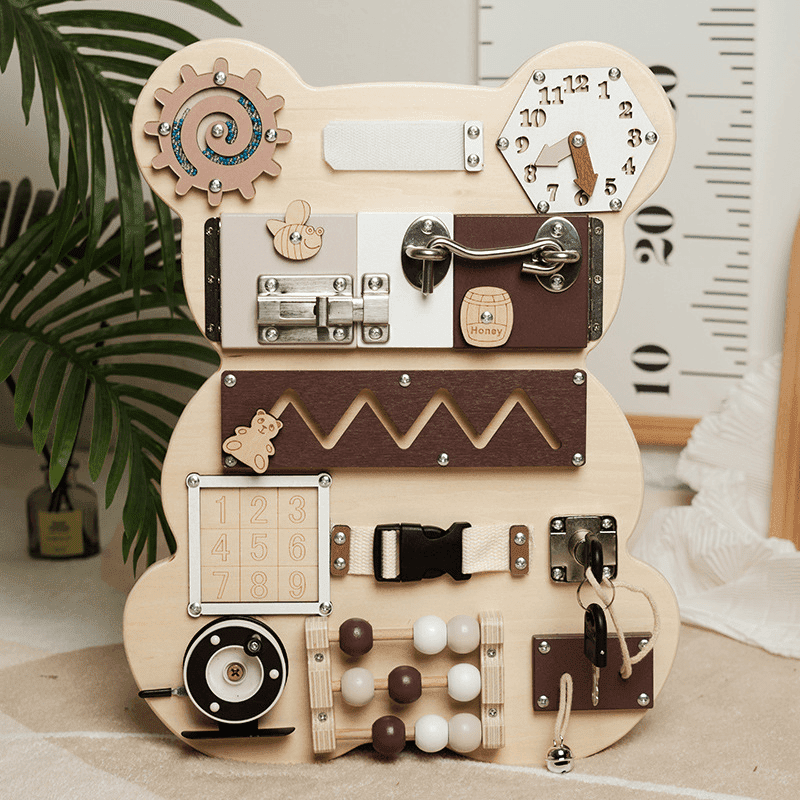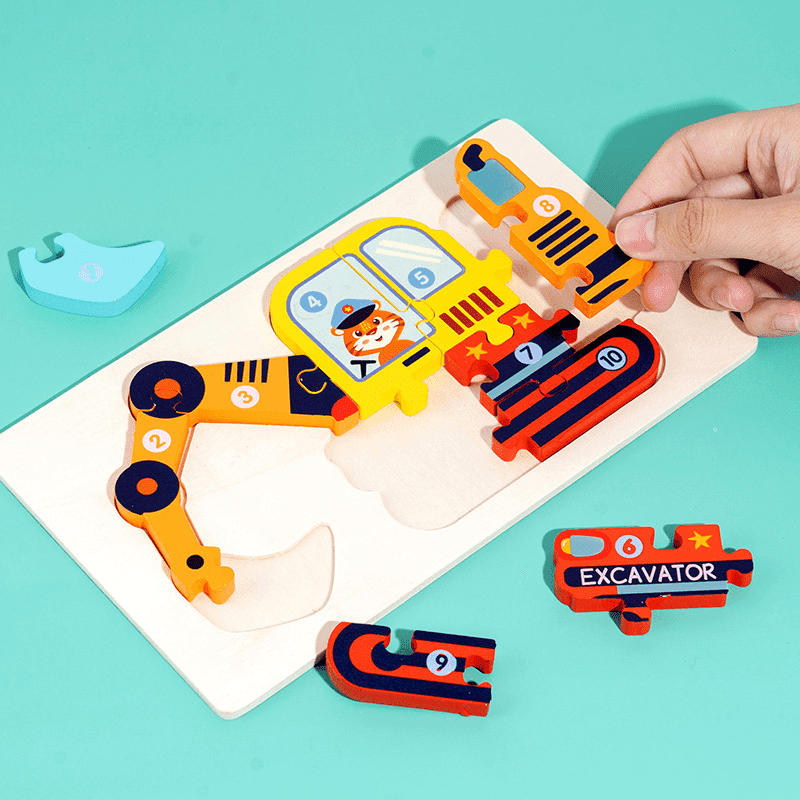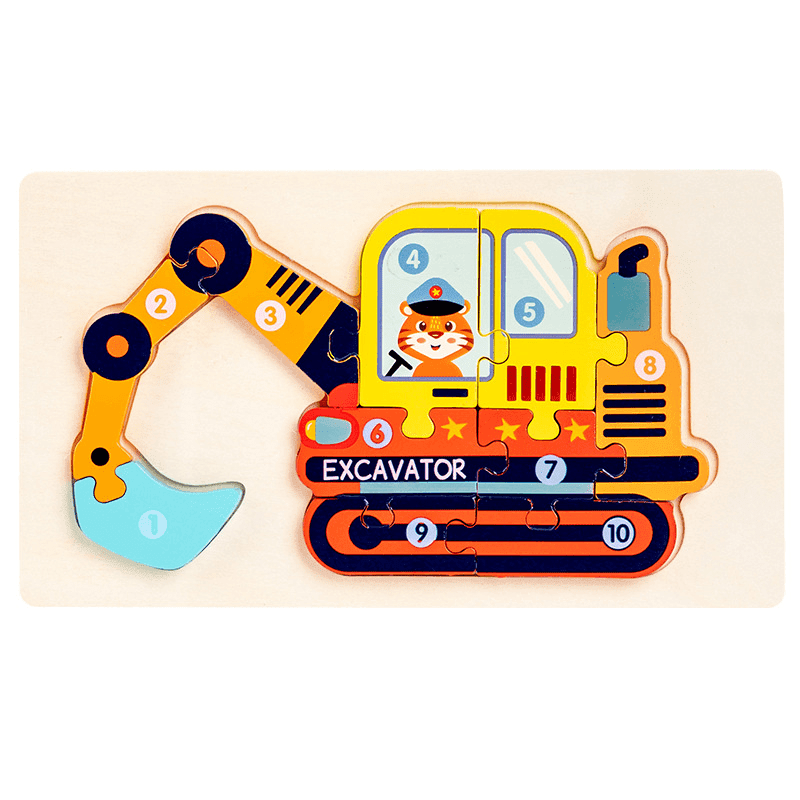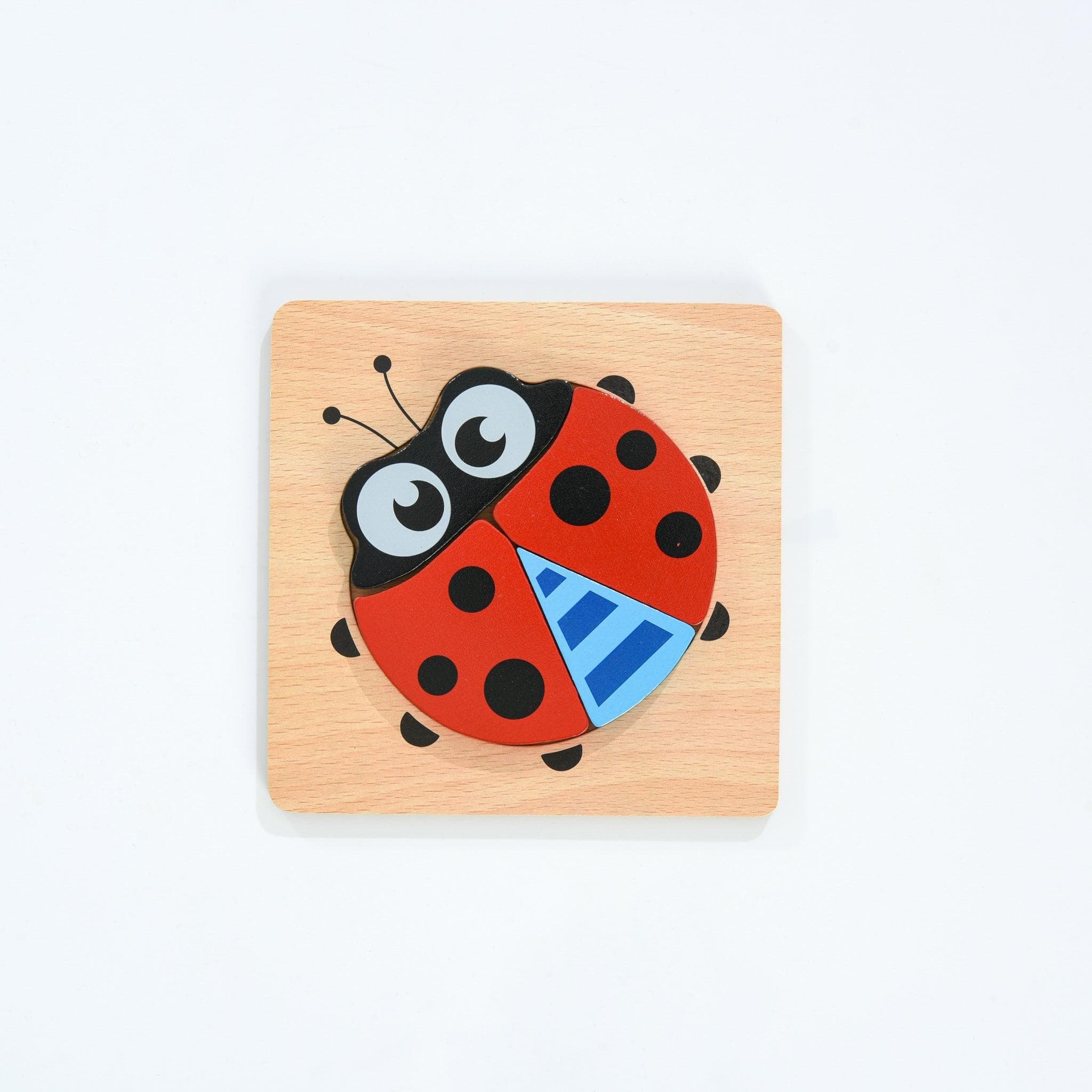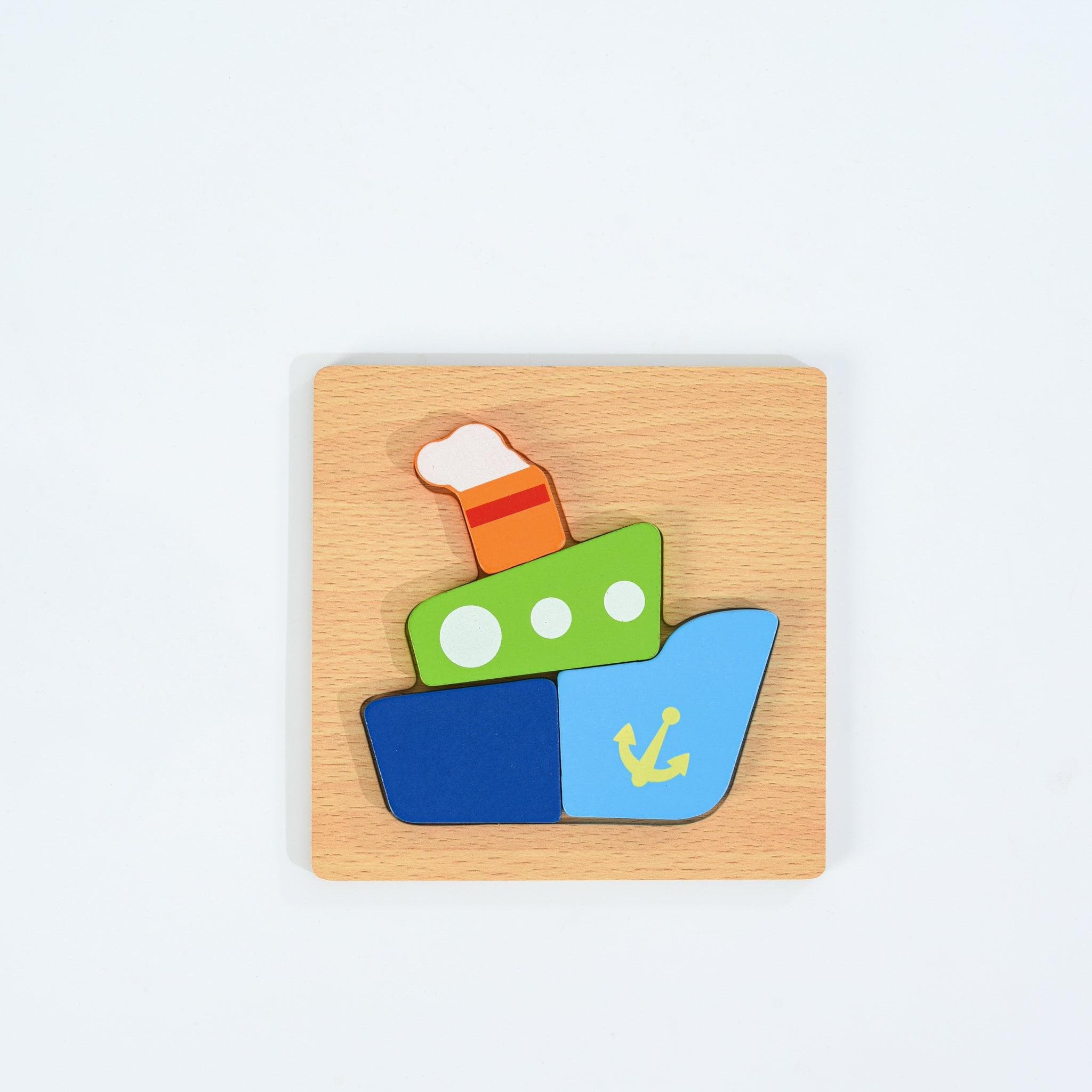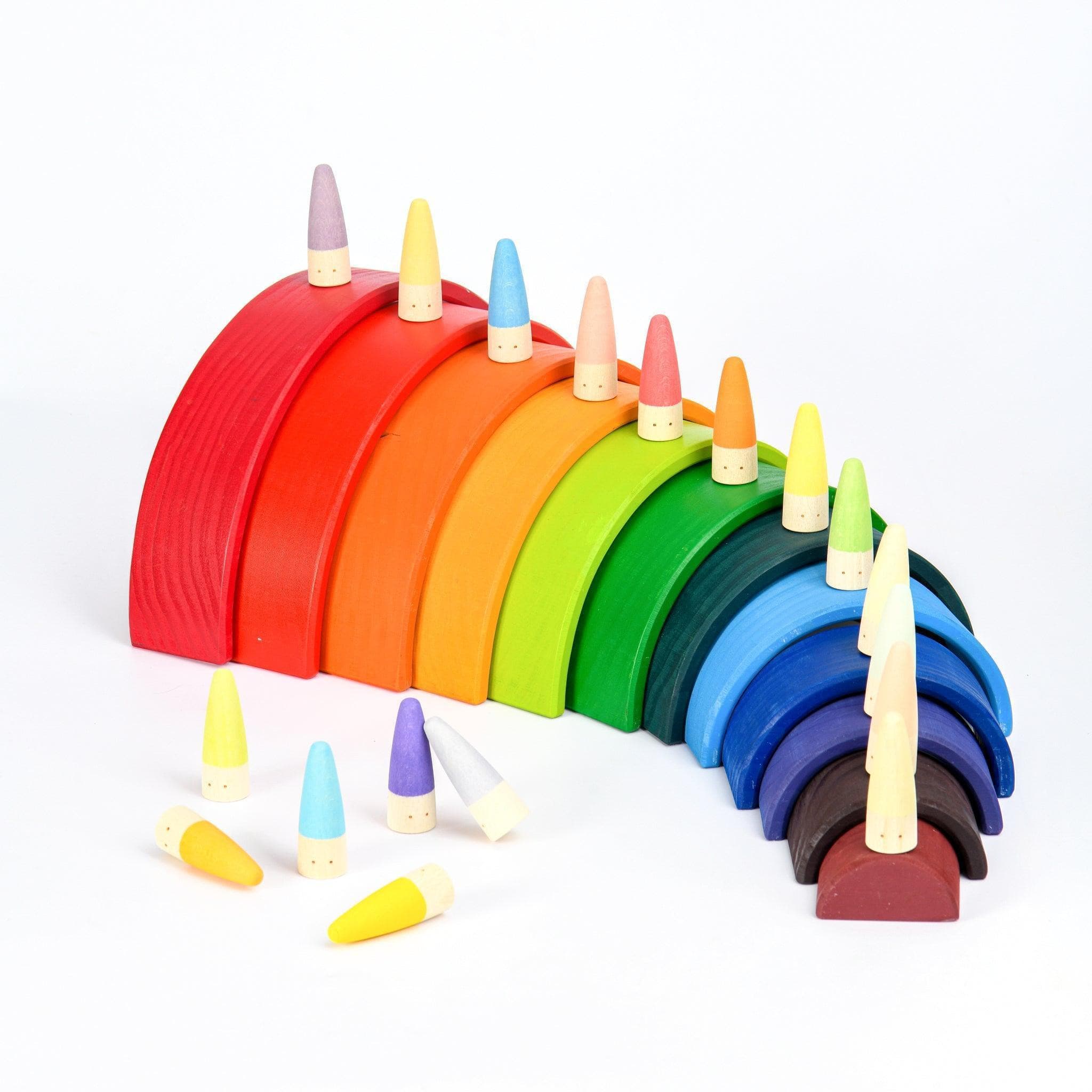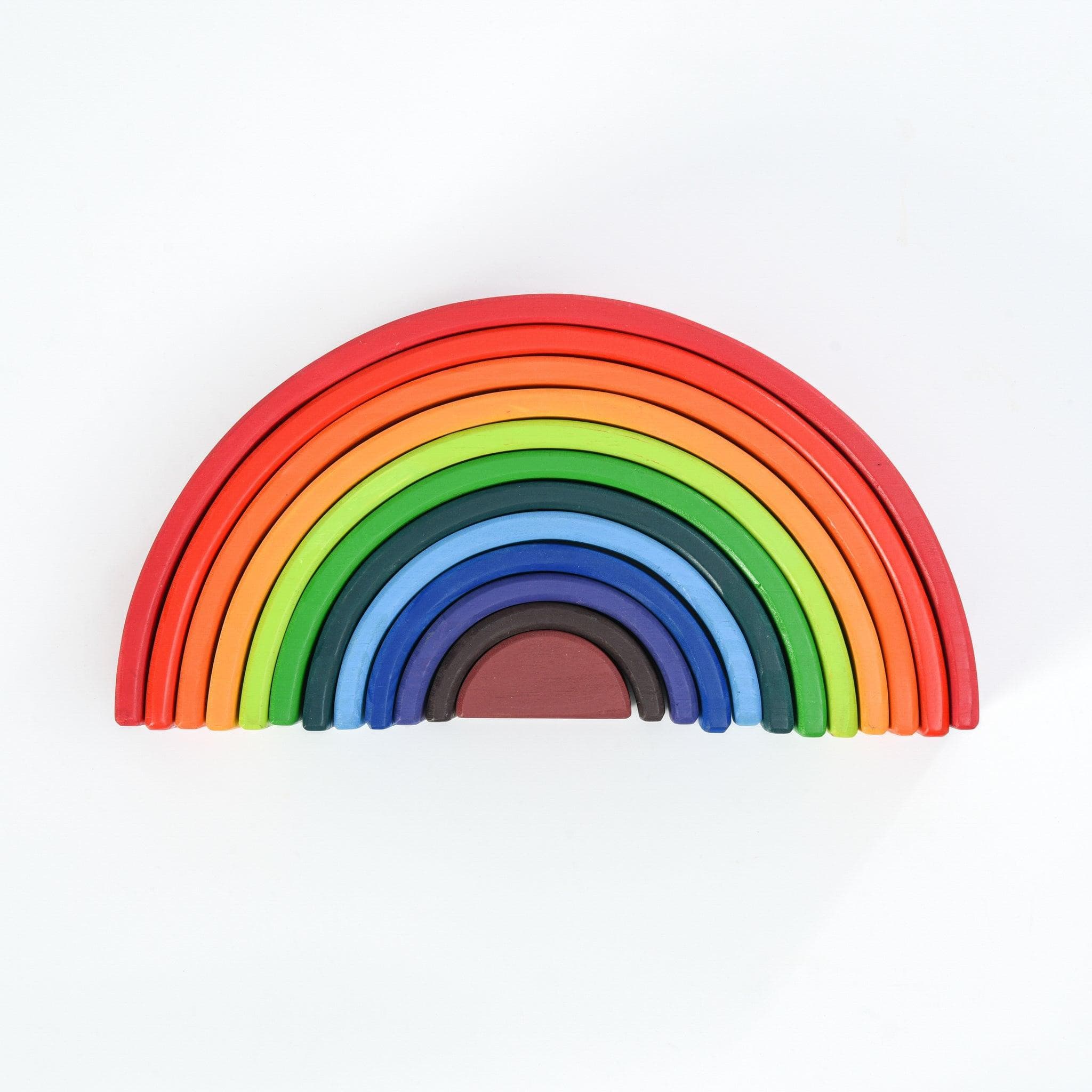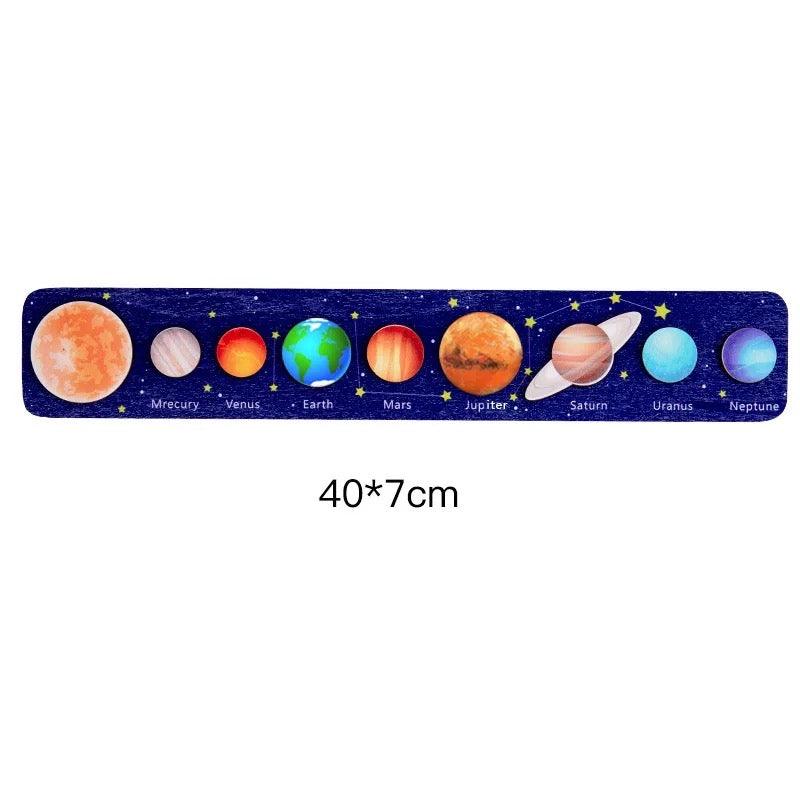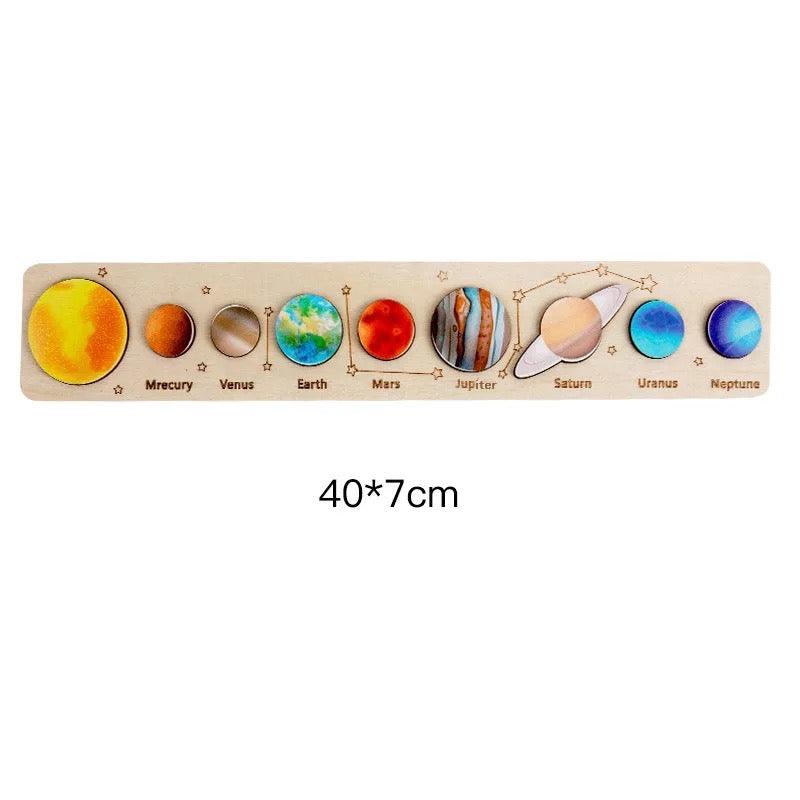Choosing the Perfect 3D Wooden Puzzles for Toddlers: A Guide for Aussie Mums
As an Aussie mum, you strive to provide your toddler with toys that are both engaging and educational. Wooden jigsaw puzzles are timeless classics that offer a wealth of benefits for your child's development. In this comprehensive guide, we will explore the educational potential of wooden jigsaw puzzles and provide you with practical tips on selecting the perfect puzzles for your little explorers.

A Guide for Aussie Mums Choose 3D Wooden Puzzles for Toddlers
Cognitive Development and Problem-Solving Skills:
3D Wooden jigsaw puzzles engage and challenge your toddler's cognitive abilities. As they manipulate 3D wooden puzzles, toddlers develop essential skills such as spatial awareness, shape recognition, and hand-eye coordination. The process of figuring out how the pieces fit together encourages critical thinking and problem-solving skills. Additionally, as puzzles become progressively more complex, your child's concentration, attention to detail, and perseverance are nurtured.

Fine Motor Skills and Hand-Eye Coordination:
Picking up and placing puzzle pieces requires precise hand movements, promoting the development of fine motor skills. The manipulation of individual pieces enhances dexterity and finger strength, which are vital for activities such as writing, drawing, and self-care tasks. By honing their hand-eye coordination, wooden jigsaw puzzles prepare toddlers for success in various physical and cognitive endeavors.

Language Development and Vocabulary Expansion:
Engaging your child in conversation while solving puzzles can significantly contribute to their language development. Discussing the colors, shapes, and objects depicted on the puzzle pieces helps expand their vocabulary and language skills. Encourage your toddler to describe what they see, ask questions, and engage in imaginative storytelling, fostering communication abilities and boosting their confidence.
Social Interaction and Cooperative Play:
Puzzles provide an excellent opportunity for social interaction and cooperative play, especially when shared with siblings or playmates. Encourage turn-taking, problem-solving together, and celebrating each other's successes. Cooperative puzzle-solving not only strengthens bonds but also teaches valuable skills like teamwork, patience, and communication.

Theme-based Learning and Creativity:
Wooden jigsaw puzzles come in a vast array of themes, allowing your child to explore their interests and expand their knowledge. Choose puzzles that feature animals, nature, vehicles, or letters and numbers to promote theme-based learning. These puzzles stimulate your toddler's curiosity, imagination, and creativity as they construct scenes, tell stories, and immerse themselves in imaginative play.
Emotional and Cognitive Benefits:
Solving puzzles can have a positive impact on your child's emotional well-being. As they successfully complete a puzzle, they experience a sense of accomplishment, boosting self-esteem and confidence. Puzzles also provide a calming and soothing effect, helping children relax and focus their attention, especially in moments of stress or anxiety.
Selecting the Right Wooden Jigsaw Puzzles:
When choosing wooden jigsaw puzzles for your toddler, consider their age, developmental stage, and interests. Start with puzzles that have larger, chunkier pieces and gradually progress to more complex designs. Look for puzzles made from high-quality, non-toxic materials with smooth edges for safety. Consider puzzles with varying difficulty levels or multiple puzzles in one set to accommodate your child's growing skills and interests.

Age-Appropriate Puzzle Selection:
For younger toddlers (ages 1-2), opt for puzzles with larger pieces and simple designs. Look for puzzles with knobs or pegs to aid in grasping and manipulation. As your child grows (ages 3-4), introduce puzzles with more pieces and intricate patterns to challenge their developing skills. By selecting age-appropriate puzzles, you ensure that your child remains engaged and challenged without becoming frustrated.
Consider Interests and Themes:
Take into account your child's interests and preferences when choosing wooden jigsaw puzzles. Whether they love animals, vehicles, or fairytale characters, there are puzzles available to cater to their specific interests. Matching puzzles to your child's passions enhances their engagement and enjoyment during playtime.
Durability and Safety:
Invest in high-quality 3D wooden jigsaw puzzles that are built to withstand the test of time. Ensure the puzzles are made from non-toxic materials and have smooth edges to guarantee your child's safety during play. Look for puzzles with a sturdy wooden base or tray that provides stability and helps keep the pieces organized.
Conclusion: Wooden jigsaw puzzles offer a multitude of benefits for your toddler's development. By promoting cognitive skills, fine motor skills, language development, social interaction, and creativity, these puzzles become powerful tools for learning and growth. With careful consideration of age-appropriateness, interests, and safety, you can select the perfect wooden jigsaw puzzles that will engage and captivate your little one, providing hours of educational fun and fostering their cognitive and creative abilities. Embark on this exciting journey of choosing the perfect wooden jigsaw puzzles for your Aussie toddler and witness the incredible developmental strides they make along the way.

